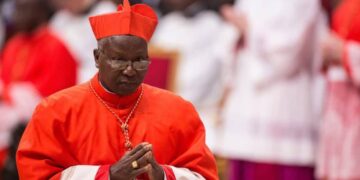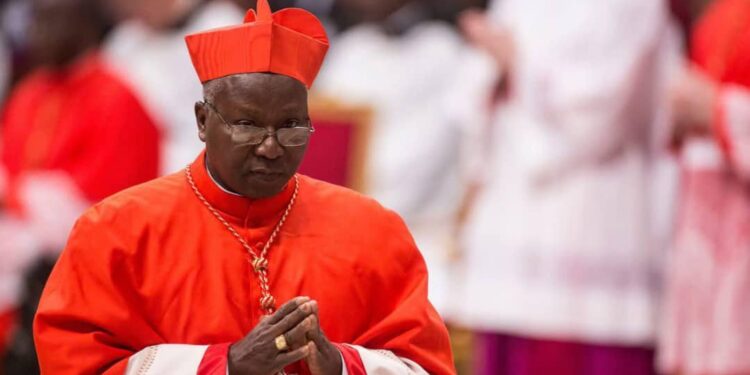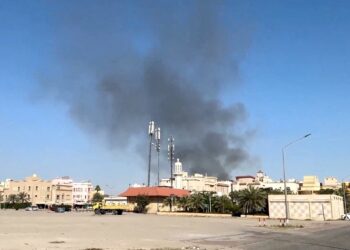By Enyichukwu Enemanna
A Burkina Faso Cardinal, Philippe Ouédraogo may be dropped from the conclave that will begin the process of electing a new Pope from May 7 due to controversy surrounding his actual date of birth, multiple sources report.
Only cardinals who are less than 80 years are qualified to take part on the secret conclave to elect a successor for Pope Francis who died April 21 at the age of 88.
Reports say it is not clear whether Cardinal Ouédraogo was born on January 24 1945, which would make him 80 years old, or on December 31 of that year, which would make him 79 and eligible to vote.
If the Cardinal Ouédraogo is allowed to take part in conclave to elect a new Pope and it is later discovered that he was not qualified to participate, it could render the entire process null and void.
Regarded as a conservative, the Cardinal Ouédraogo’s vote could be important for traditionalist factions who are aiming to set aside Pope Francis’s more inclusive stance on issues such as blessing single sex unions, showing tolerance of gay people and giving women more roles within the Catholic Church.
In last year’s Vatican yearbook, the cardinal’s date of birth was listed as January 24, 1945, meaning that he is now over 80. On that day, the Catholic cathedral in Ouagadougou, the capital of Burkina Faso, reportedly wrote him a birthday message on its Facebook page.
But in this year’s edition, it was registered as December 31, 1945, which would mean that he is only 79 and can vote.
An Italian newspaper satirically said the African cardinal has “found the secret to stopping time”. Another ran the headline: “The strange case of the cardinal who has become a year younger so that he can enter the conclave.”
The cardinal says the confusion over his date of birth is because of the circumstances of his upbringing.
“In my village, there were neither hospitals nor schools. I was born at home and was not given a birthdate,” he said recently, when asked about the discrepancy.
He said that Jan 25 was chosen at random, for bureaucratic reasons, when he entered his seminary – a training institution for priests.
He added that Burkina Faso’s national registry office later assigned him the date of Dec 31, a common practice for people in the West African country whose exact birthdates are not known.




































